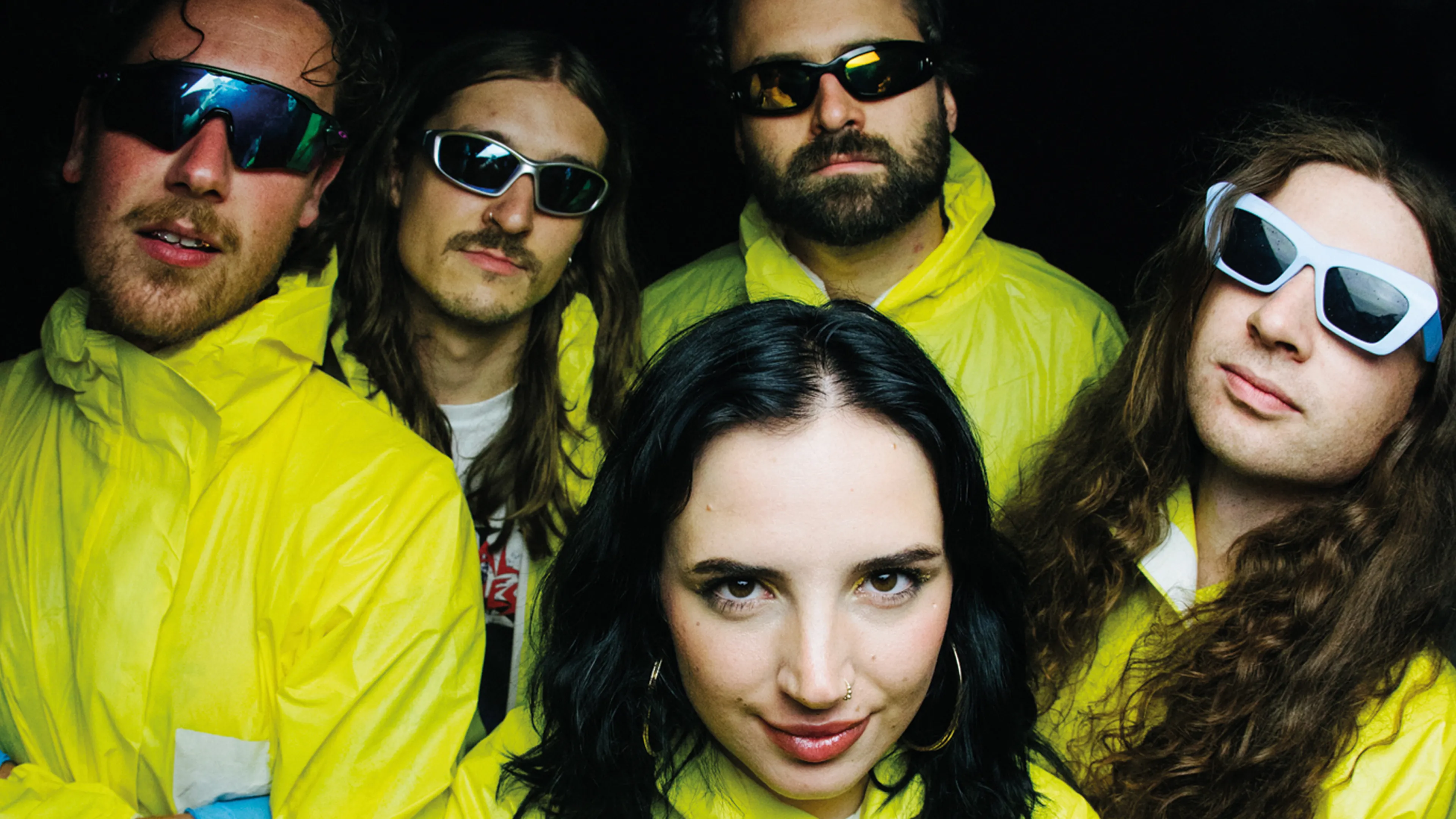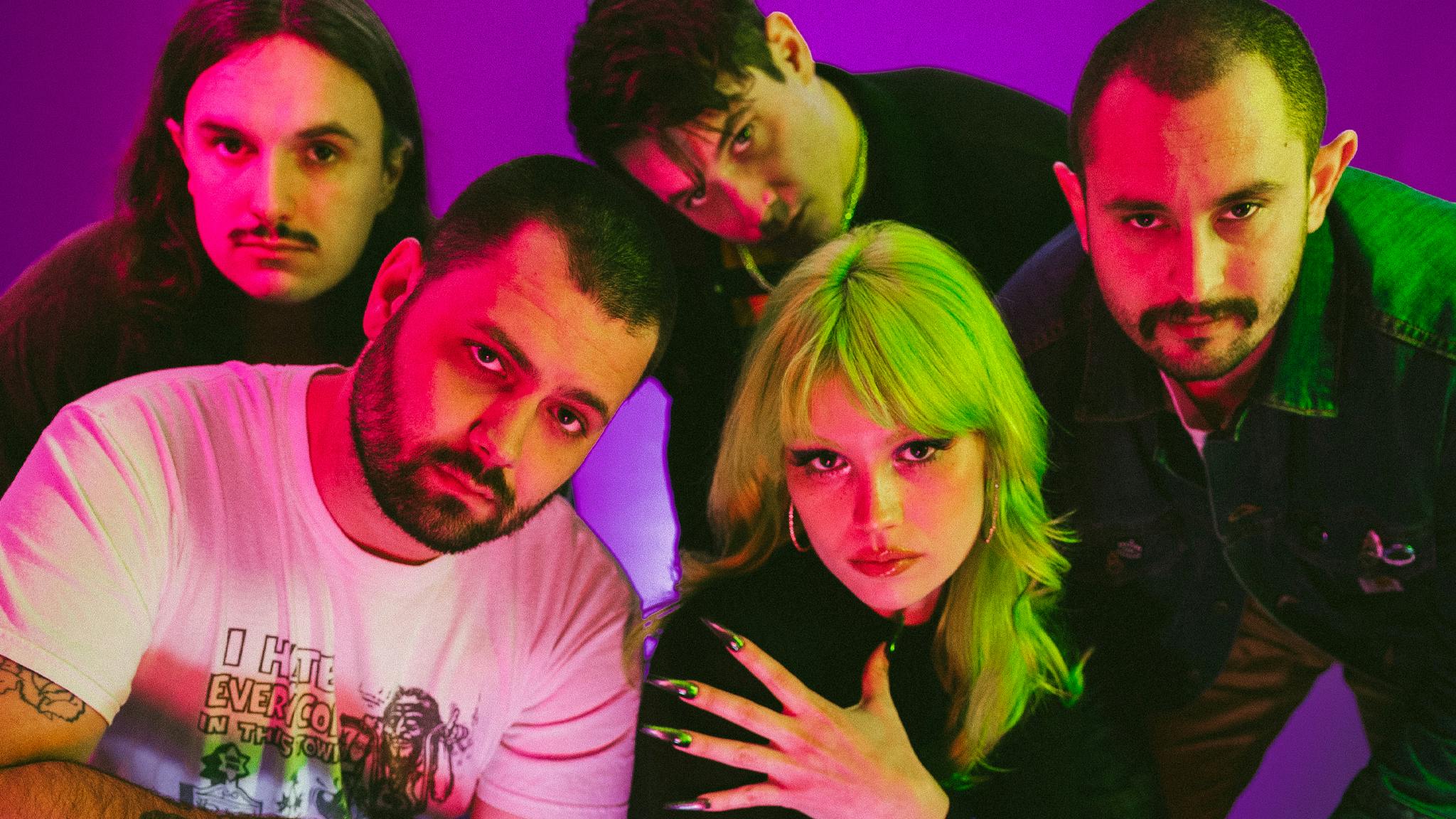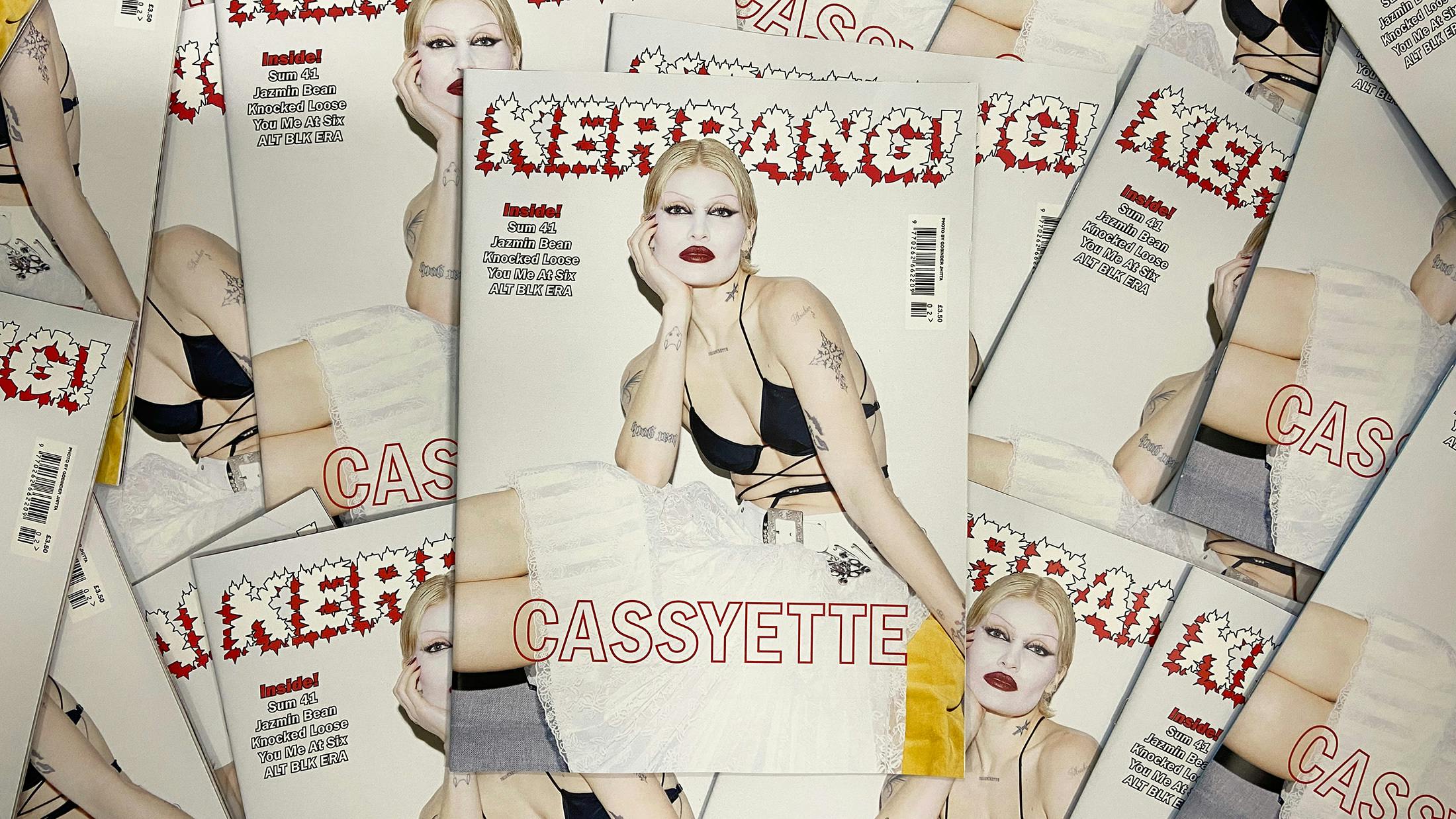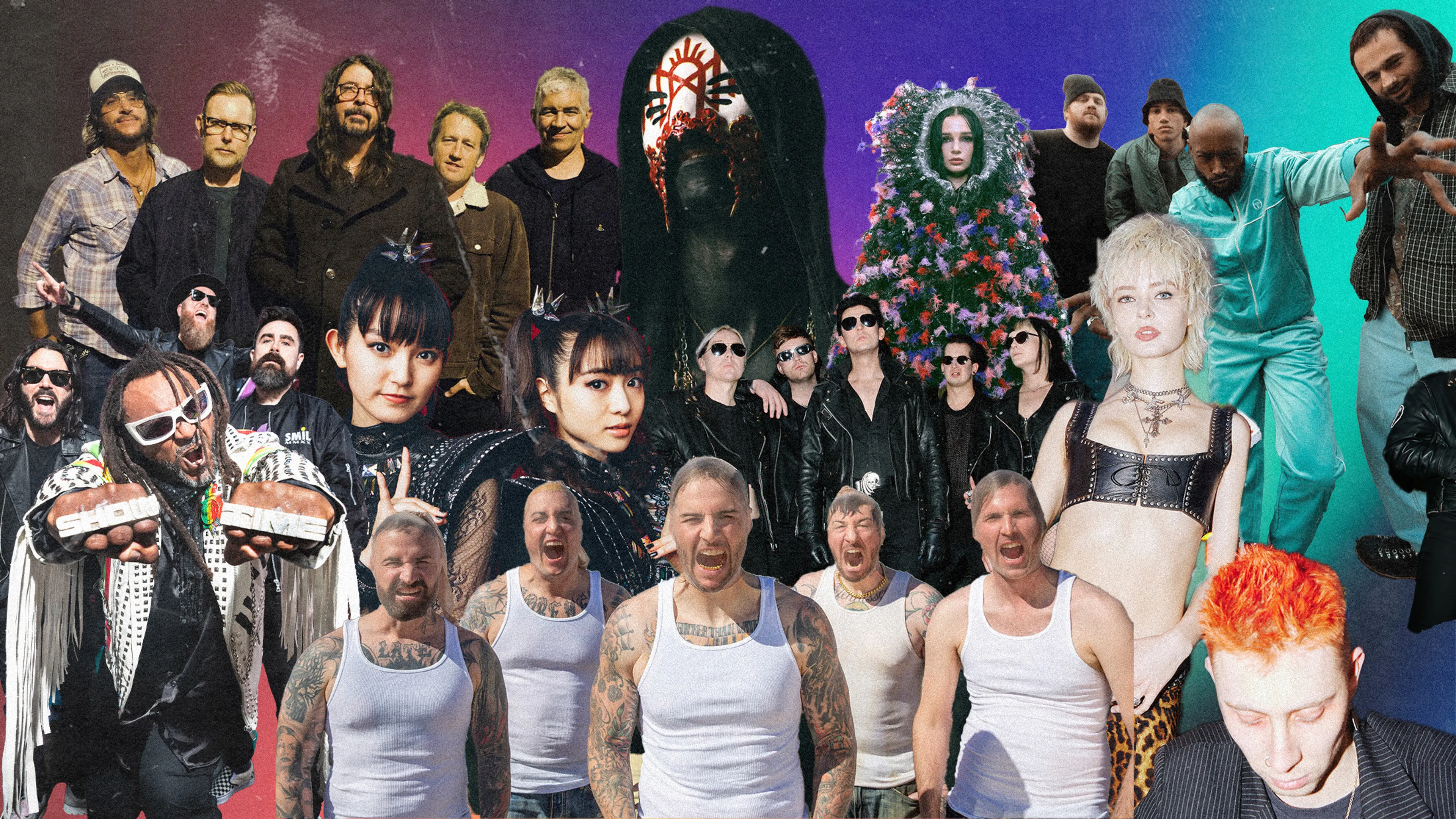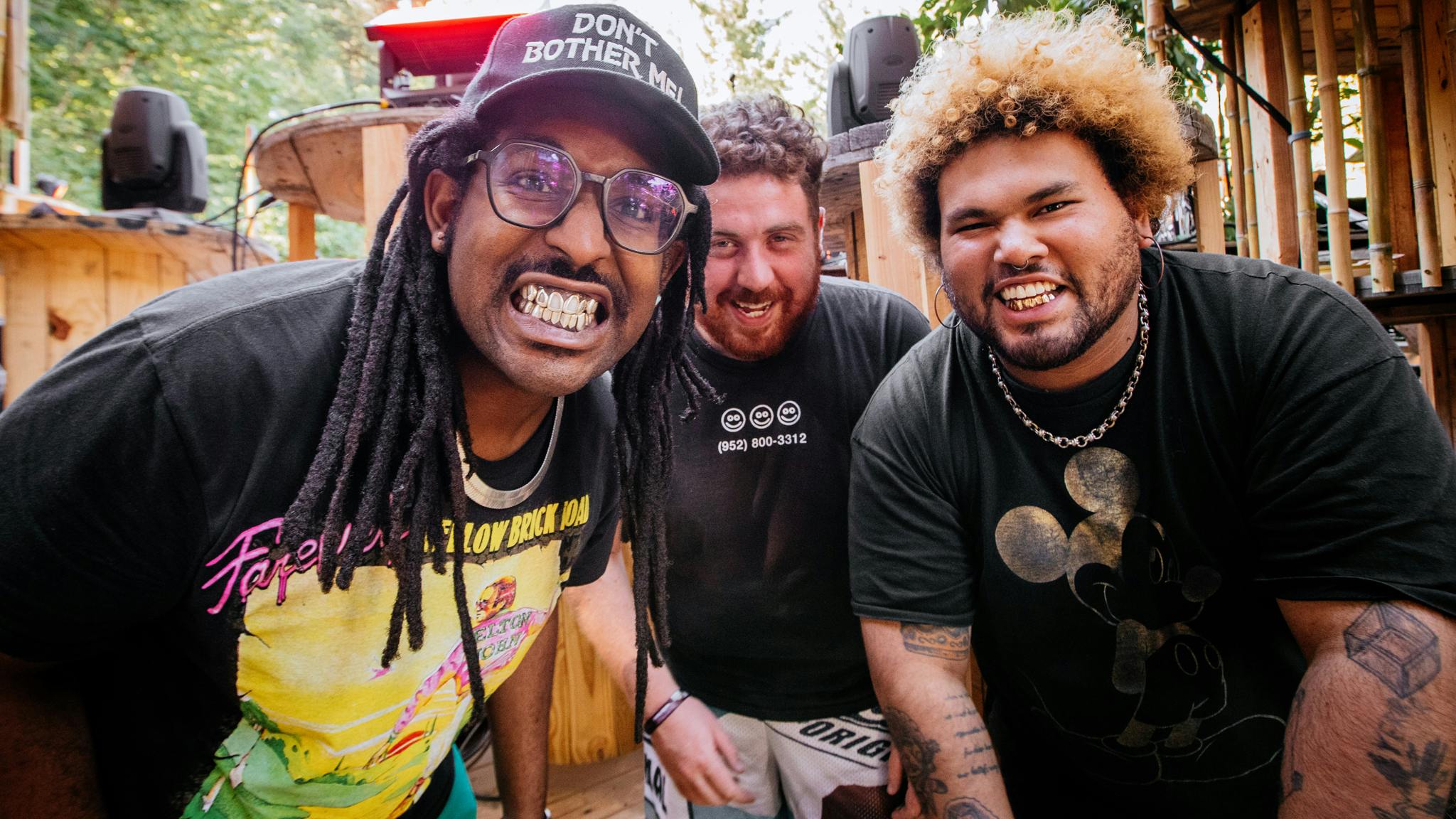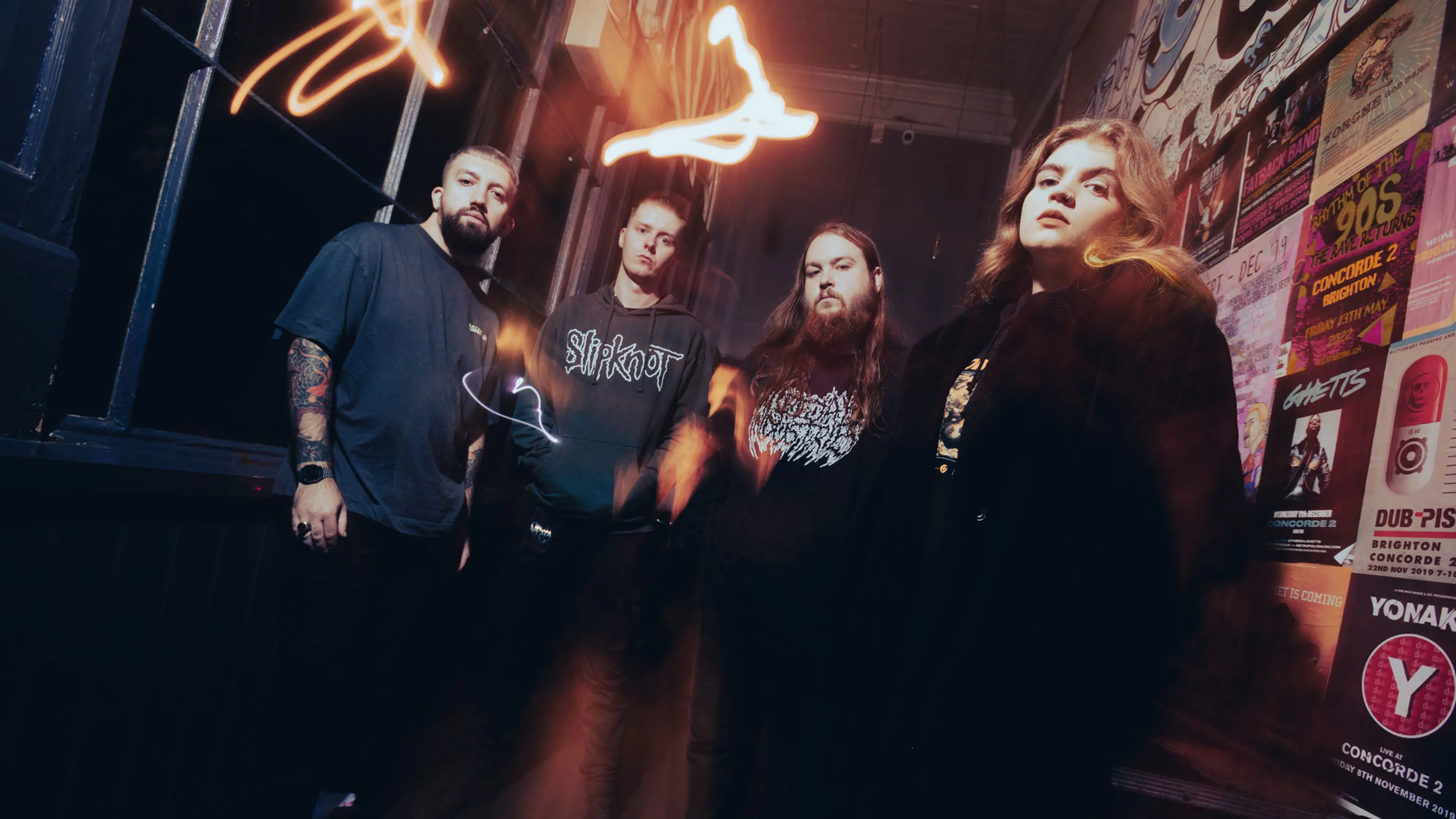There’s a word that Anaiah Rasheed Muhammad uses to describe his formative experiences that reveals so much more than he likely intends in a throwaway comment. Reading between the lines, it perhaps explains a lot about why the somewhat taciturn ZULU vocalist and multi-instrumentalist is the way that he is.
“You gotta be wary all the time,” the 27-year-old says. “Growing up in LA, it’s a dangerous place to live, so I learned how to move accordingly and safely. Whether it’s the police or other people, you gotta figure out how to manoeuvre.”
Navigating through the world with that level of natural caution is something that only comes to someone through lived experience. Hard experiences, usually. But while others like to spill their guts and use interviews as a surrogate therapy session, Anaiah presents as guarded, careful about what he says and how he says it; often taking time to really think of the right words, and occasionally abandoning his train of thought altogether, as if to subconsciously shut down uncomfortable discussion.
Although it’s impossible to say for certain exactly when he learned that life was something to be wary of, he says he can think of “a million different situations” when he felt danger was never far from his doorstep. Pressed for an example, following a long pause he finally recalls a pivotal moment after which everything in his world felt that little bit different.
“I threw a rock at a kid’s face in the second grade because he called me the ‘n’ word,” he shares. “I got suspended from my school. They didn’t back me up, but my mom did. She understood. Typically, in interviews, I only want to talk about the music. But that single moment did shift a lot in my life. I think it’s important to talk about it.”
Asked if he remembers feeling betrayed by the school’s decision to punish him so harshly for that act of retribution and he’s reluctant to go there. Not exactly, anyway.
“Maybe it wasn’t betrayal as such,” he argues. “It was very frustrating. I was seven or eight, so my mom helped me understand that there might have been a different approach to dealing with it. But as an adult now, would I do that? Yeah, probably. In the heat of the moment, there’s a good chance that I’d do it all over again. I’m definitely a firm believer in radical action.”
Radical action isn’t the worst way to describe his band, as it goes. Especially in the bedlam of a live setting. In sound and spirit, those two words feel as close to summing up what the LA group have to offer as anything suggested by the “hardcore, metal or powerviolence” labels that Anaiah concedes usually tend to follow ZULU around.
“I wanted to be able to do something that was not bound by limits,” he simply states of their intent. And it is thanks to that intent, paired with the rippling impact it has had in the almost five years they’ve been doing it, that is causing the alternative world to sit up and take notice.


